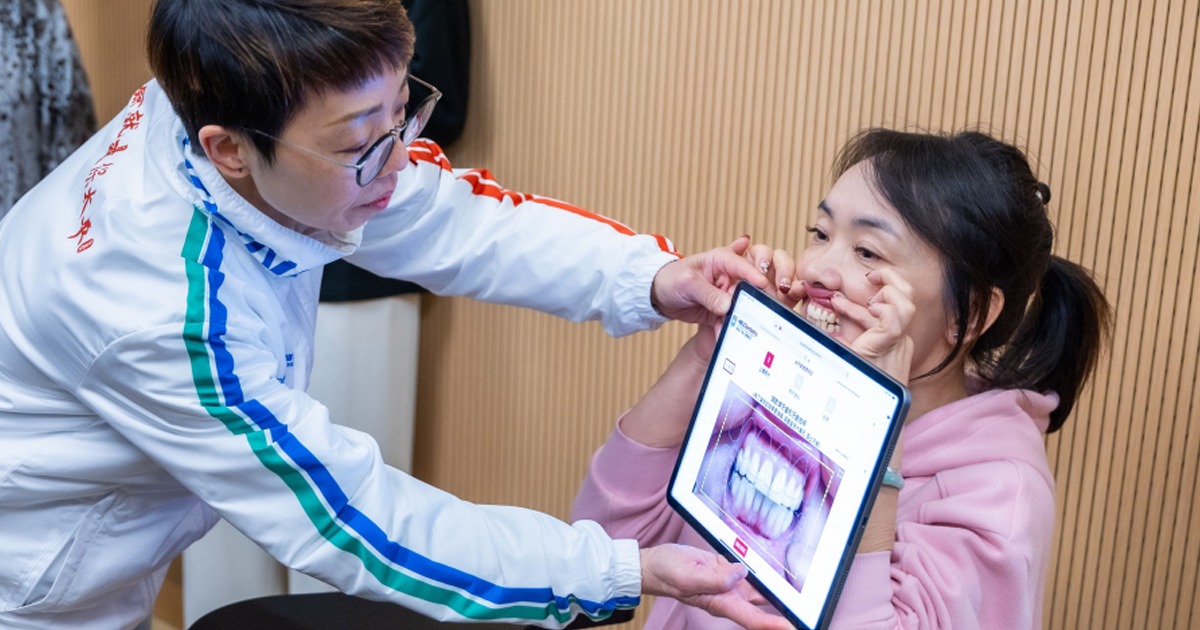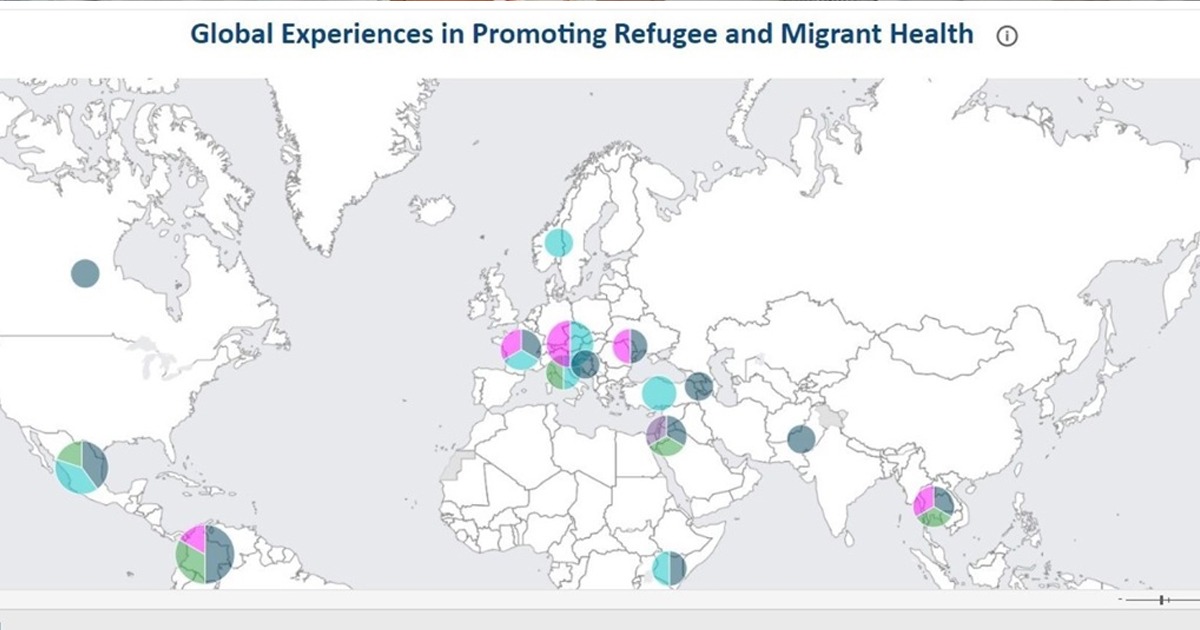The Lancet published the study: “Dynamic prediction of renal survival among deeply phenotyped kidney transplant recipients using artificial intelligence: an observational, international, multi-cohort study.”
Renal allograft failure contributes to the number of people with end-stage renal disease. Approximately more than 7 million worldwide live with this condition, which is why a prediction model for renal allograft survival adapted to clinical practice is necessary, such as the one presented in the study published in The Lancet.
The aim of the study was to develop a dynamic artificial intelligence approach to improve risk stratification for kidney transplant recipients. The method used was the generation of continuously refined survival predictions using clinical data updates.

As an observational study, the researchers used data from adult kidney transplant recipients at 18 specialized academic transplant centers in Europe, the United States, and South America. In addition, another cohort of patients from six randomized controlled trials was included.
The four cohorts contained a total of 13,608 kidney recipients from 18 centers in seven countries, corresponding to 89,328 patient-years.
The data collected were the following: clinical, histological, and immunological variables, and repeated measurements of estimated glomerular filtration rate (eGFR) and proteinuria (measured using the proteinuria/creatininuria ratio). In this way it was possible to develop a dynamic prediction system based on clinical evaluations and repeated measurements with an Artificial Intelligence approach.
"Due to its dynamic design, this model can be continuously updated and has value as a bedside tool that could refine clinicians' prognostic judgments in daily practice, thus improving precision medicine in the transplant setting," explains Dr. study.
Check the results and the full study at the following link: https://www.thelancet.com/journals/landig/article/PIIS2589-7500(21)00209-0/fulltext





